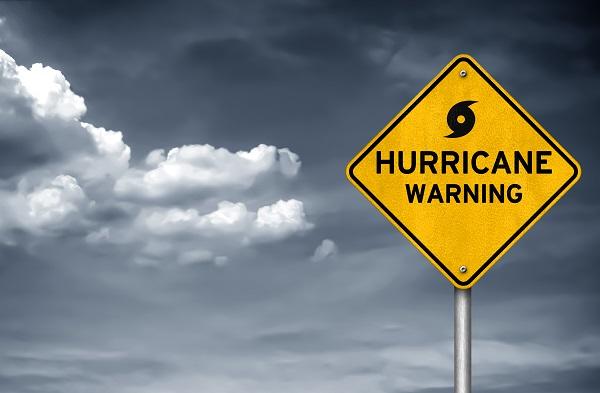
Georgia’s health lessons learned from 2018

By Julie Jordan
Published December 28, 2018
The new year is not just a time to look ahead and plan for the future. It is also a time to look back and learn from the year gone by. When it comes to your health, this is especially important. What can you do differently in 2019 to prevent some of the health-related issues of 2018? Remember the major health lessons Georgia learned in 2018 and prepare for the future:
January 2018
- Flu is fierce. By January 12, 2018 there were 300 Georgians hospitalized for flu and four flu-related deaths. Remember that the very young and the very old are more susceptible to flu. Get vaccinated for the flu each year to protect against it. Wash your hands frequently. Cover your cough. Avoid touching your face. Stay home if you are sick. Learn more at www.flu.gov.
April 2018
- E. coli likes romaine lettuce. Georgia was not immune from the multi-state outbreak of E. coli in romaine lettuce originating from Yuma, Arizona. If infected with E. coli, the bacteria can make you very sick with diarrhea and vomiting. Wash your hands and practice good hygiene to avoid an infection. Do not consume recalled products that are believed to contain E. coli.
August 2018
- Mosquitoes still carry disease like West Nile virus and Eastern Equine Encephalitis that may result in death. Georgia saw deaths from both diseases in 2018. Protect yourself and your family from mosquito bites by getting rid of standing water and using insect repellant with DEET. Learn more about how to defend against mosquito-borne viral diseases.
October 2018
- Major hurricanes visit Georgia and wreak havoc. Hurricane Michael hit Georgia October 10, 2018 as a Category 3 hurricane after making landfall in Mexico Beach, Florida as a Category 5. On October 12, 250,000 Georgians were without power. The Georgia Department of Public Health worked with eight hospitals and 25 nursing homes using generators. Michael was the first major hurricane, Category 3 or higher, to hit Georgia in 120 years. Get prepared for hurricane season, from June to November, now.
November 2018
-
Opioid addiction continues to affect Georgia, although emergency visits for overdoses have declined since November 2017. Remember to always follow the prescriber’s directions for opioids, and call 911 if an overdose situation should arise. Georgia’s Medical Amnesty Law provides protection. Learn more about opioids to protect yourself and your family.